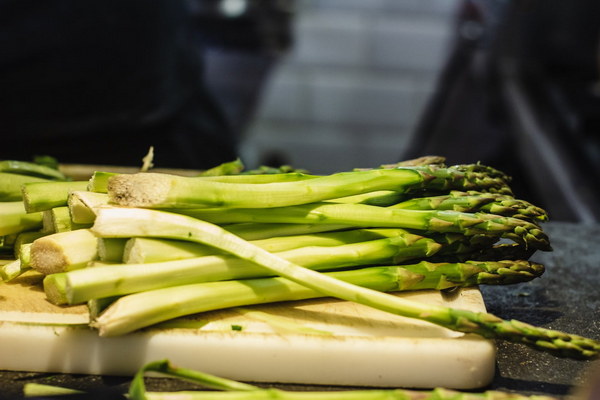Can Cane Sugar Ginger Tea Really Help Remove Dampness in the Body
Introduction:
Dampness, also known as dampness syndrome in traditional Chinese medicine, is a common condition characterized by symptoms like fatigue, heavy limbs, and a lack of appetite. Many people turn to natural remedies to alleviate dampness, and one popular option is cane sugar ginger tea. But can this traditional drink really help remove dampness in the body? In this article, we will explore the effectiveness of cane sugar ginger tea in treating dampness.
Understanding Dampness:
In traditional Chinese medicine, dampness is considered an internal imbalance that can be caused by various factors, such as excessive moisture in the environment, improper diet, or poor lifestyle habits. When dampness accumulates in the body, it can lead to various health issues, including joint pain, digestive problems, and even depression.
The Role of Cane Sugar Ginger Tea:
Cane sugar ginger tea is a traditional Chinese beverage made by boiling ginger slices with cane sugar. This drink has been used for centuries as a folk remedy for a variety of ailments, including dampness. The active ingredients in ginger, such as gingerols and shogaols, have been found to have anti-inflammatory, anti-viral, and anti-bacterial properties, which may help in alleviating the symptoms of dampness.
1. Anti-inflammatory Properties:
One of the primary reasons why cane sugar ginger tea is believed to be effective against dampness is its anti-inflammatory properties. Dampness in traditional Chinese medicine is often associated with inflammation, and ginger's anti-inflammatory effects can help reduce swelling and pain associated with dampness.
2. Improved Digestion:
Dampness can also lead to digestive problems, such as bloating, constipation, and diarrhea. The digestive stimulant properties of ginger in cane sugar ginger tea can help improve digestion, alleviate bloating, and reduce the symptoms of dampness-related digestive issues.
3. Enhanced Metabolism:
Cane sugar ginger tea may also help enhance metabolism, which can be beneficial in reducing dampness in the body. By increasing metabolic rate, the body can more effectively eliminate dampness and toxins, leading to improved overall health.
4. Warming Effects:
Ginger has warming properties that can help boost the body's immune system and improve circulation. In traditional Chinese medicine, a warm body is less prone to dampness, so the warming effects of cane sugar ginger tea can be beneficial in preventing and treating dampness.
How to Prepare Cane Sugar Ginger Tea:
To make cane sugar ginger tea, follow these simple steps:
1. Peel and slice fresh ginger root into thin slices.
2. Add ginger slices to a pot of boiling water.
3. Stir in the desired amount of cane sugar, according to taste.
4. Simmer the mixture for about 10-15 minutes.
5. Strain the tea into a cup and enjoy warm.

Conclusion:
While there is limited scientific evidence to support the use of cane sugar ginger tea for treating dampness, the traditional benefits of ginger in improving digestion, reducing inflammation, and enhancing metabolism suggest that it may be effective for some individuals. However, it's essential to note that dampness is a complex condition, and if you're experiencing symptoms, it's best to consult a healthcare professional for personalized advice. In any case, incorporating cane sugar ginger tea into your daily routine may provide some relief from dampness-related symptoms and promote overall well-being.









